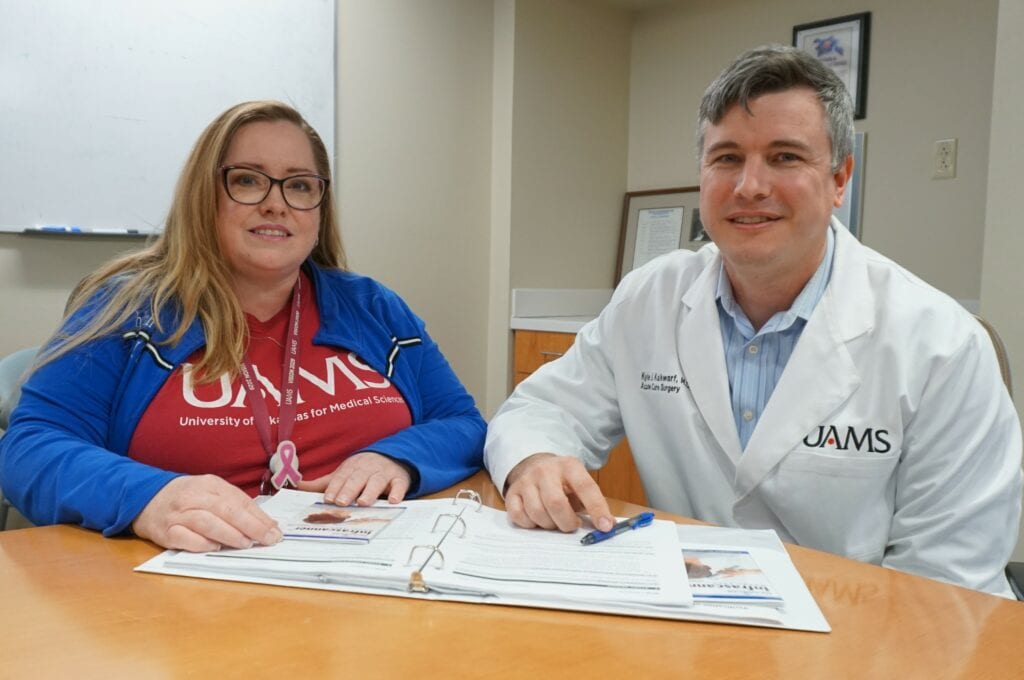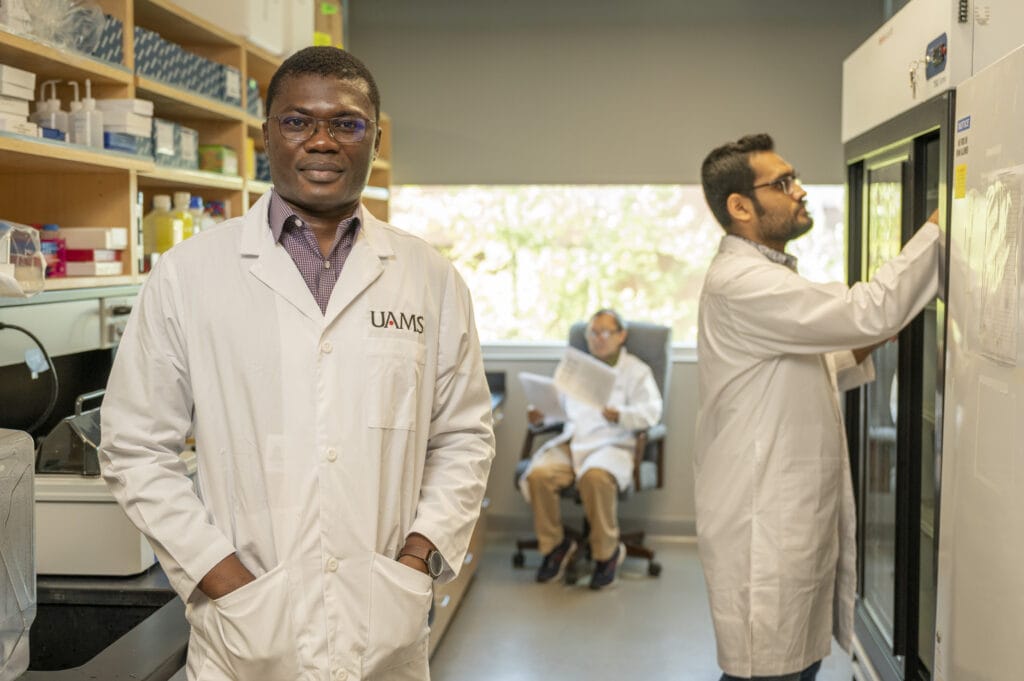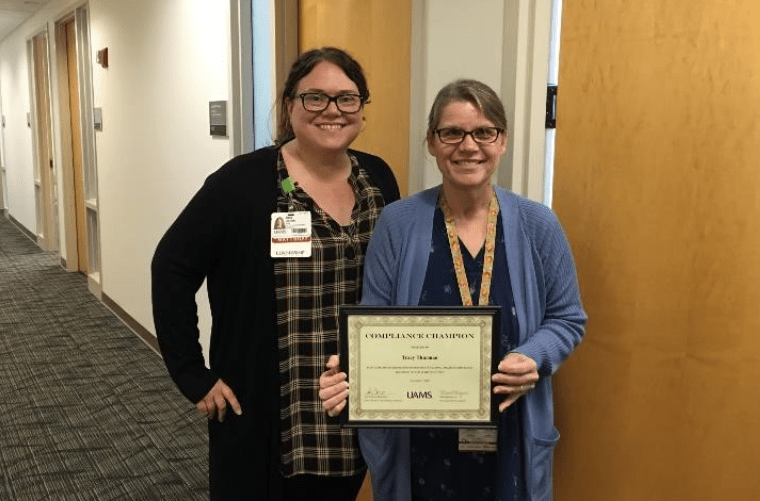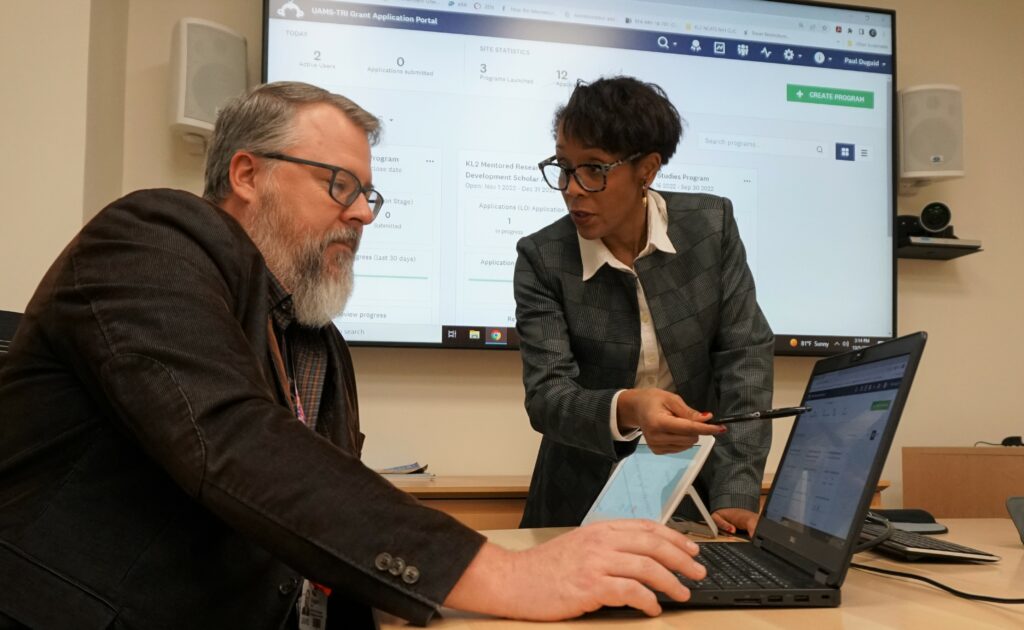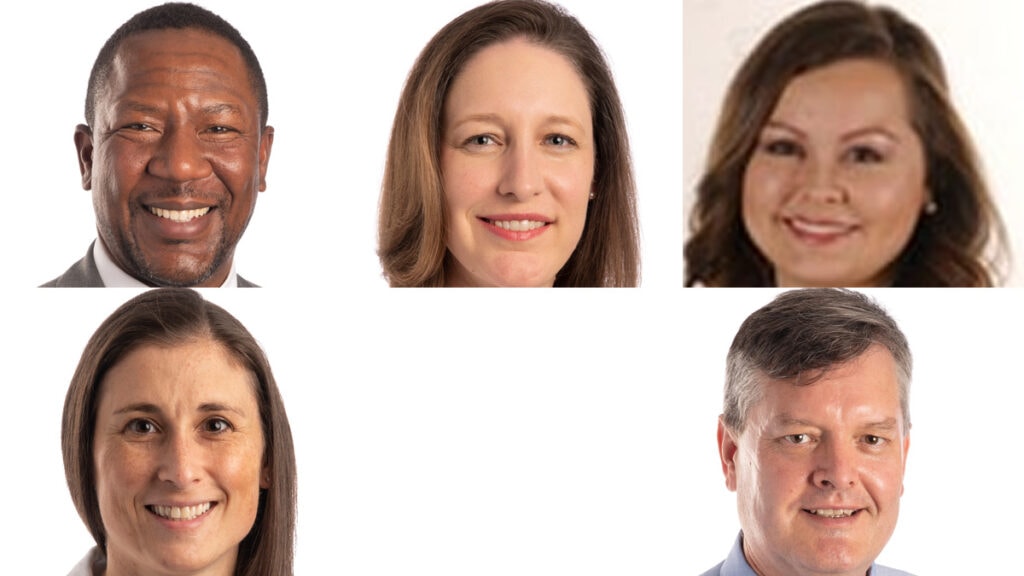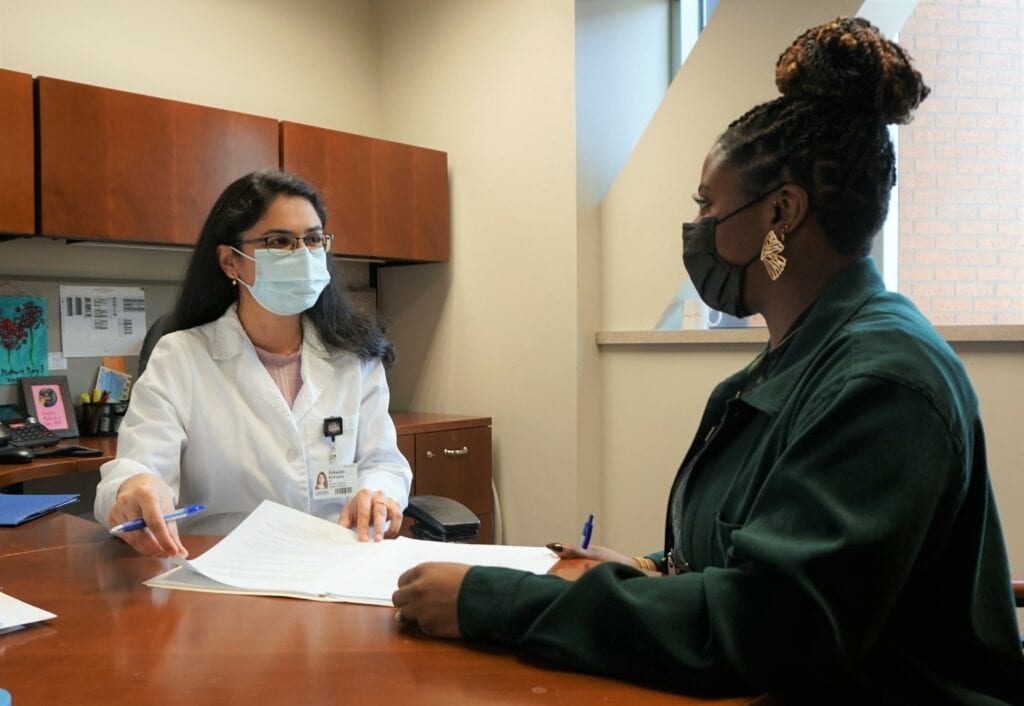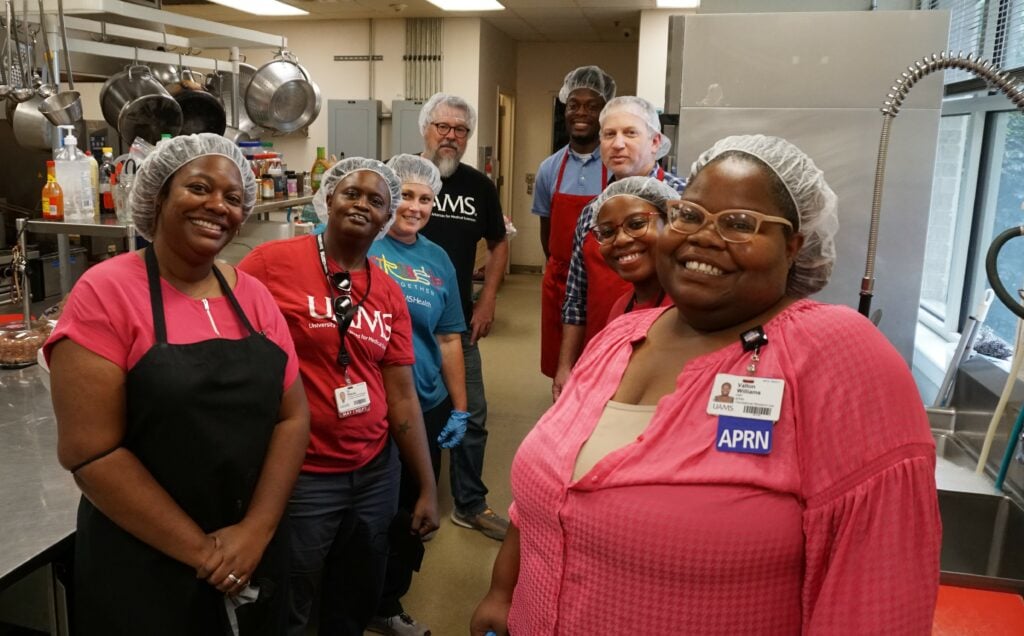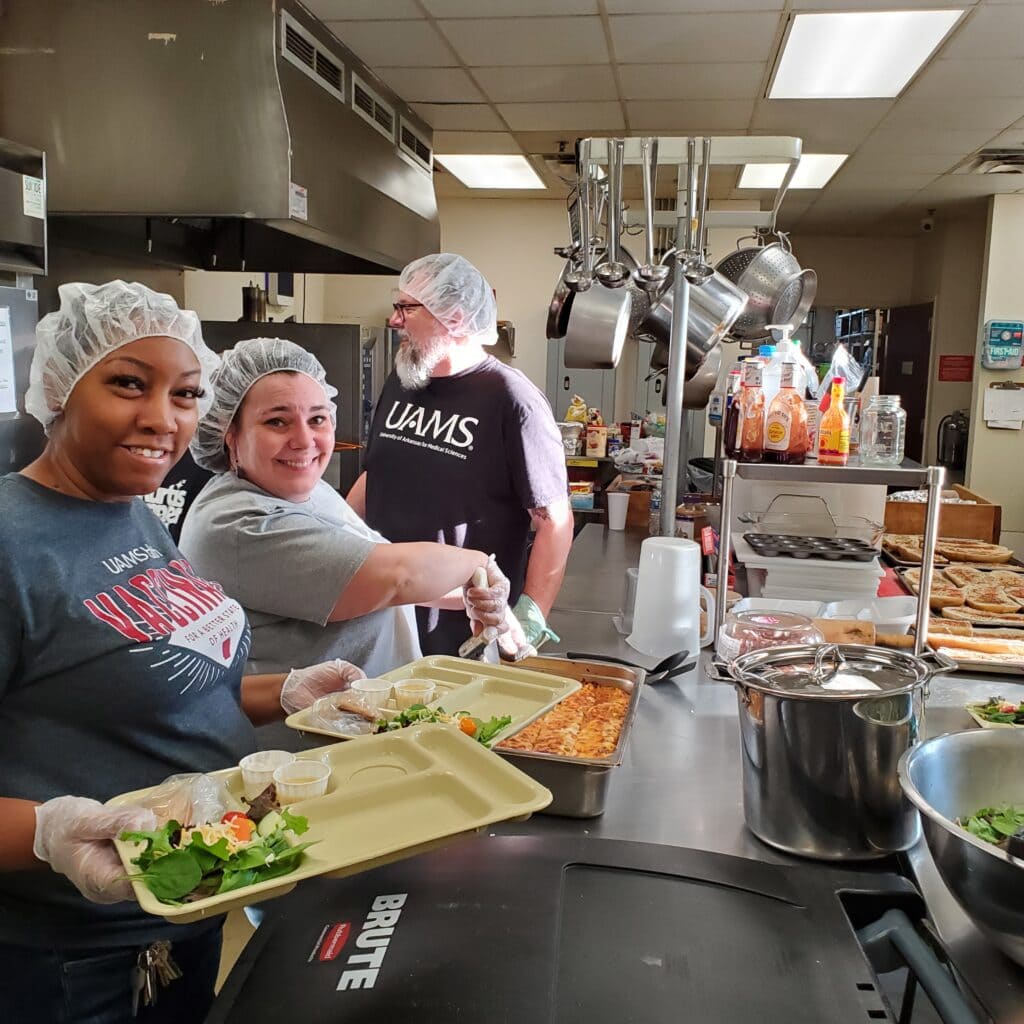
Two UAMS Translational Research Institute (TRI) researchers are co-authors on work published in the Journal of Clinical and Translational Science about developing and testing a diversity, equity and inclusion curriculum for use in higher education.
The research team co-authors from the College of Medicine Department of Biomedical Informatics (DBMI) includes Tremaine B. Williams, Ed.D., assistant professor, and Mathias Brochhausen, Ph.D., professor and vice chair for Academic Programs and Faculty Development. They joined DBMI Ph.D. student Cilia Zayas, first author, on the paper, “Experiences with Developing and Implementing a Courageous Conversations Pilot Classroom through Synchronous Meetings via Zoom.”
Brochhausen is TRI’s director of Pilot Translational and Clinical Studies Program. Williams became a TRI KL2 Mentored Research Career Development Program scholar in 2021.
The paper details the development of the pilot course curriculum in the wake of the murder of George Floyd in summer 2020. The course was implemented as a pilot program at the University of Florida, where Zayas and Brochhausen were employed at the time. The model curriculum takes a collaborative approach and can be used with students, staff and faculty.
Zayas and Brochhausen met with participants at the end of the semester to gain feedback about their experience and found that many reported valuing listening to others talk about their own personal lived experiences.
“We all benefit from learning from each other, but often those conversations are difficult to have. Facilitators encouraged the participants to stay engaged, expect to feel discomfort, speak their truth, and accept non-closure,” said Zayas, who chairs DBMI’s Diversity, Equity and Inclusion Committee. “These ground rules enabled the groups to have real discussions about diversity, equity and inclusion by establishing a safe framework in which to share and explore – even under stressful circumstances. Participants found these discussions valuable, and many reported they would either re-take the course or recommend it to a colleague.”
To learn more about diversity, equity and inclusion research and efforts at DBMI, visit its Diversity, Equity & Inclusion Committee website.


